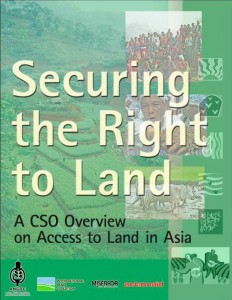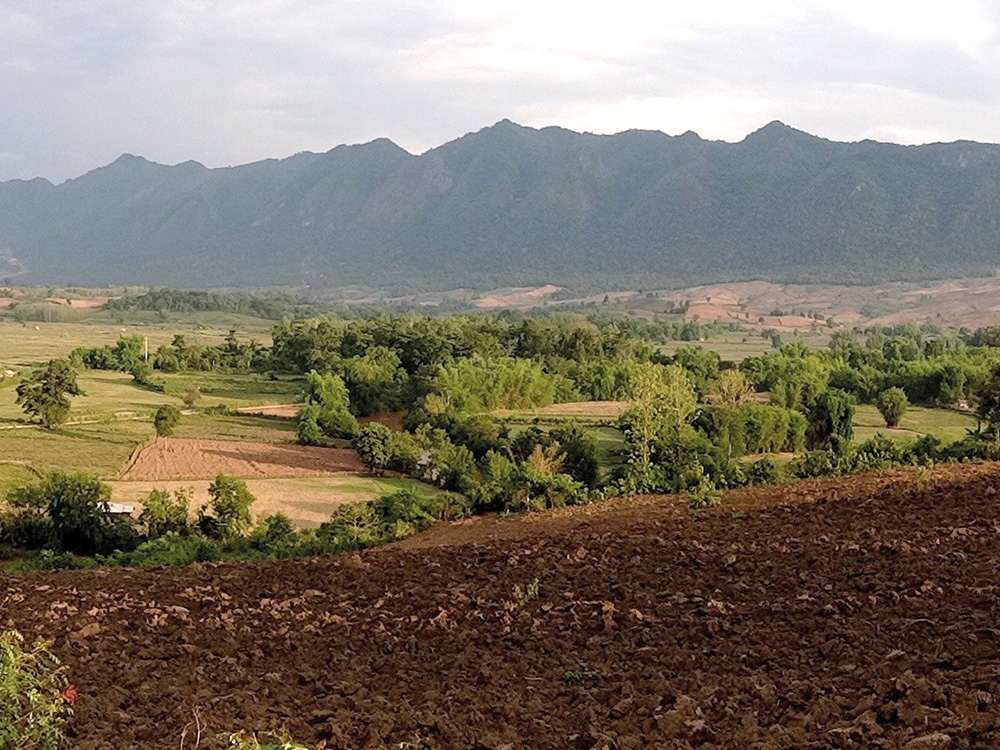Review of Selected Land Laws and the Governance of Tenure in the Philippines: Discussion Paper in the context of the Voluntary Guidelines on the Governance of Tenure (VGGT)
This paper examines Philippine policies on land and resource tenure as embodied in the 1987 Constitution and ten major laws on tenure, and then analyzes these policies in comparison to the Voluntary Guidelines, in order to identify areas of policy convergence, divergence and gaps.












